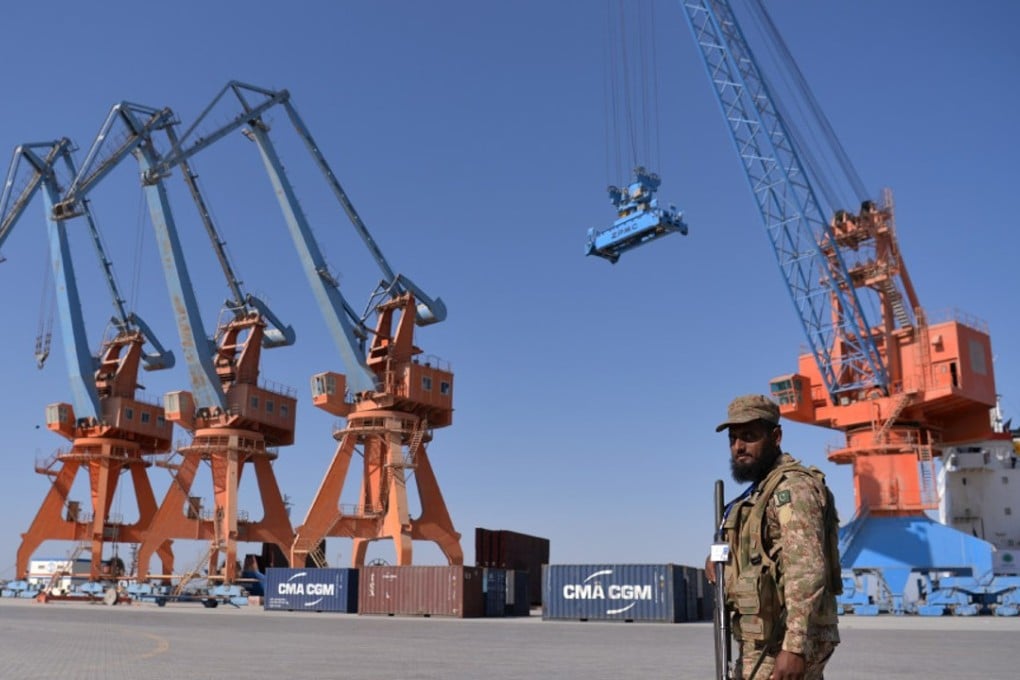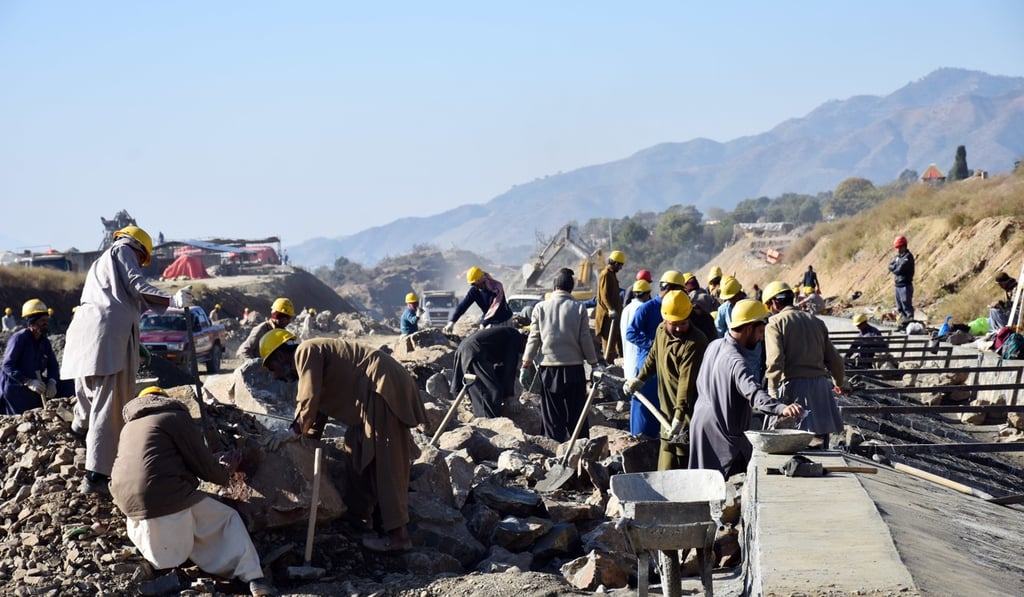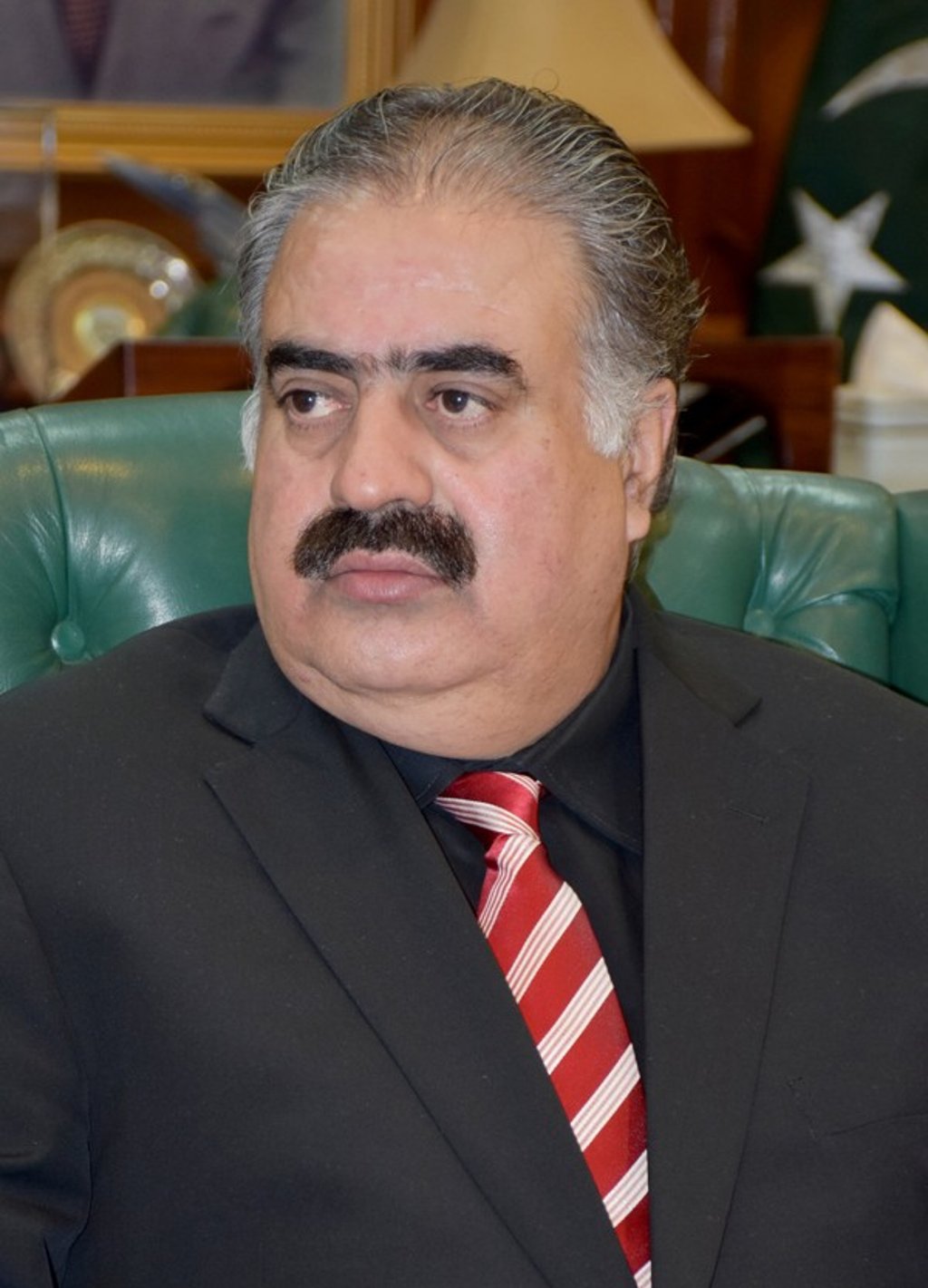Advertisement
Pakistan’s stance on militants alienated the US. Is China next?
Islamabad’s failure to confront domestic terrorism has put China in ‘a watchful mood’ regarding its Belt and Road investment plans
Reading Time:4 minutes
Why you can trust SCMP

Self-serving politics threaten not only to strain Pakistan’s relations with the United States, but heighten tensions in the geostrategic region of Balochistan, a vital node in Beijing’s Belt and Road Initiative that has been earmarked as home for China’s second foreign military base.
Advertisement

Pakistan’s short-sighted political battles are being fought at a time of worsening relations with the US over alleged Pakistani support of militants and concern that the US may withdraw from the 2015 international nuclear agreement with Iran. This potentially creates a dilemma for China, which is heavily invested in Pakistan with more than US$50 billion committed to the China Pakistan Economic Corridor (CPEC), a collection of infrastructure projects.
Beijing may freeze further CPEC-related investment until the country’s domestic politics stabilise. So far, China is believed to have invested US$29 billion of its committed US$56 billion.
“Political events in Pakistan have sent China in a watchful mood … I am concerned if we continue to throw surprises to the outside world, then anyone can be forced to rethink their economic investments,” Pakistan’s chief CPEC negotiator, Ahsan Iqbal, told Pakistani daily The News.
Advertisement


Advertisement